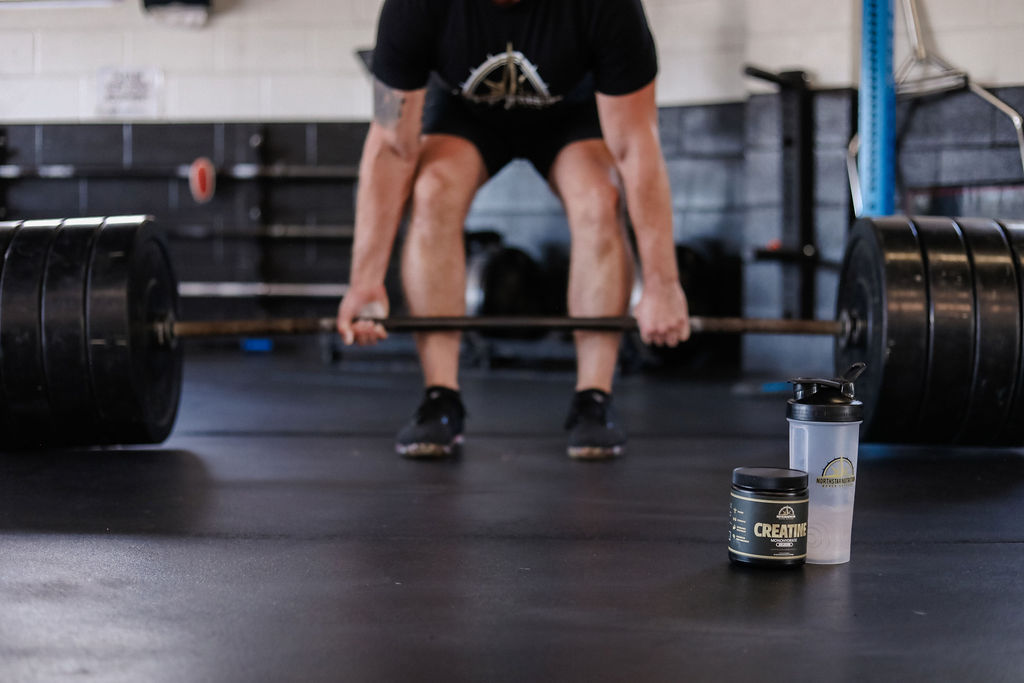
Engaging in regular physical activity is a cornerstone of health maintenance, offering multifaceted benefits spanning cardiovascular function, metabolic regulation, musculoskeletal integrity, and psychological well-being. Exercise is not merely a tool for aesthetic enhancement; it is a critical factor in disease prevention and longevity. This article explores the physiological and psychological mechanisms through which exercise enhances health outcomes and provides evidence-based recommendations for incorporating physical activity into daily life.
1. Cardiovascular Adaptations and Disease Prevention
Physical activity exerts profound effects on the cardiovascular system. Aerobic exercise facilitates myocardial hypertrophy, enhancing stroke volume and cardiac output while reducing resting heart rate. These adaptations contribute to improved circulatory efficiency and reduced risk of atherosclerosis, hypertension, and myocardial infarction. Additionally, exercise enhances endothelial function, modulates lipid profiles by increasing high-density lipoprotein (HDL) and decreasing low-density lipoprotein (LDL), and improves insulin sensitivity, mitigating the risk of metabolic syndrome and type 2 diabetes.
2. Exercise and Metabolic Regulation
Regular physical activity plays a pivotal role in energy balance and metabolic homeostasis. Engaging in structured exercise increases basal metabolic rate (BMR), enhances mitochondrial biogenesis, and optimizes substrate utilization. High-intensity interval training (HIIT) and resistance training are particularly effective in promoting muscle hypertrophy, preserving lean body mass, and facilitating lipolysis. Moreover, exercise improves glycemic control by augmenting glucose uptake via insulin-independent pathways, crucial for individuals at risk of insulin resistance.
3. Skeletal and Muscular Adaptations
Aging is associated with a decline in bone mineral density and sarcopenia, increasing susceptibility to osteoporosis and frailty. Resistance training induces osteogenic stimuli by exerting mechanical stress on bones, stimulating osteoblast activity, and enhancing bone remodeling. Concurrently, resistance exercise promotes myofibrillar protein synthesis through the activation of the mechanistic target of rapamycin (mTOR) pathway, crucial for maintaining muscle strength and functional capacity. Additionally, flexibility and proprioceptive training improve neuromuscular coordination, reducing fall risk and musculoskeletal injuries.
4. Neurophysiological and Psychological Benefits
Exercise exerts significant neuroprotective and psychotropic effects. Physical activity stimulates neurogenesis, enhances synaptic plasticity, and up-regulates brain-derived neurotrophic factor (BDNF), contributing to cognitive resilience and reduced risk of neurodegenerative diseases. Moreover, physical activity modulates hypothalamic-pituitary-adrenal (HPA) axis activity, decreasing cortisol levels and promoting the release of endorphins, serotonin, and dopamine—neurotransmitters that mitigate symptoms of anxiety and depression. Additionally, regular exercise enhances sleep architecture, improving overall sleep quality and circadian rhythm regulation.
5. Immunomodulatory Effects of Exercise
Moderate-intensity exercise enhances immune surveillance by increasing leukocyte circulation, augmenting natural killer (NK) cell activity, and promoting anti-inflammatory cytokine profiles. These immunomodulatory effects contribute to reduced susceptibility to infections and chronic inflammatory conditions. However, excessive training without adequate recovery may induce immunosuppressive states characterized by elevated cortisol levels and increased infection risk, underscoring the necessity of balanced exercise regimens.
6. Longevity and Healthspan Optimization
Epidemiological studies consistently demonstrate that individuals engaging in regular physical activity experience increased life expectancy and enhanced quality of life. Exercise mitigates the risk of chronic illnesses such as cardiovascular disease, cancer, and neurodegenerative disorders, thereby preserving functional independence in aging populations. Furthermore, physical activity fosters social engagement, psychological resilience, and overall life satisfaction.
Strategies for Effective Exercise Integration
Optimizing health outcomes through exercise requires strategic implementation. Evidence-based recommendations include:
- Adopting a multifaceted approach – Combining aerobic, resistance, and flexibility training maximizes physiological benefits.
- Progressive overload – Gradually increasing intensity, duration, and complexity of workouts enhances adaptation and prevents stagnation.
- Consistency and periodization – Structuring training cycles with variation optimizes performance and mitigates overuse injuries.
- Personalization – Tailoring exercise regimens based on individual health status, fitness levels, and goals ensures sustainable adherence.
- Recovery emphasis – Incorporating rest periods, adequate nutrition, and sleep supports physiological adaptation and injury prevention.
Conclusion
Exercise serves as a cornerstone of preventive medicine, exerting profound systemic effects that enhance cardiovascular health, metabolic function, musculoskeletal integrity, cognitive resilience, and immune competency. By adopting a structured, evidence-based approach to physical activity, individuals can optimize health outcomes, mitigate disease risk, and improve overall well-being. In an era characterized by sedentary lifestyles and increasing prevalence of chronic diseases, prioritizing regular exercise is imperative for longevity and vitality.










